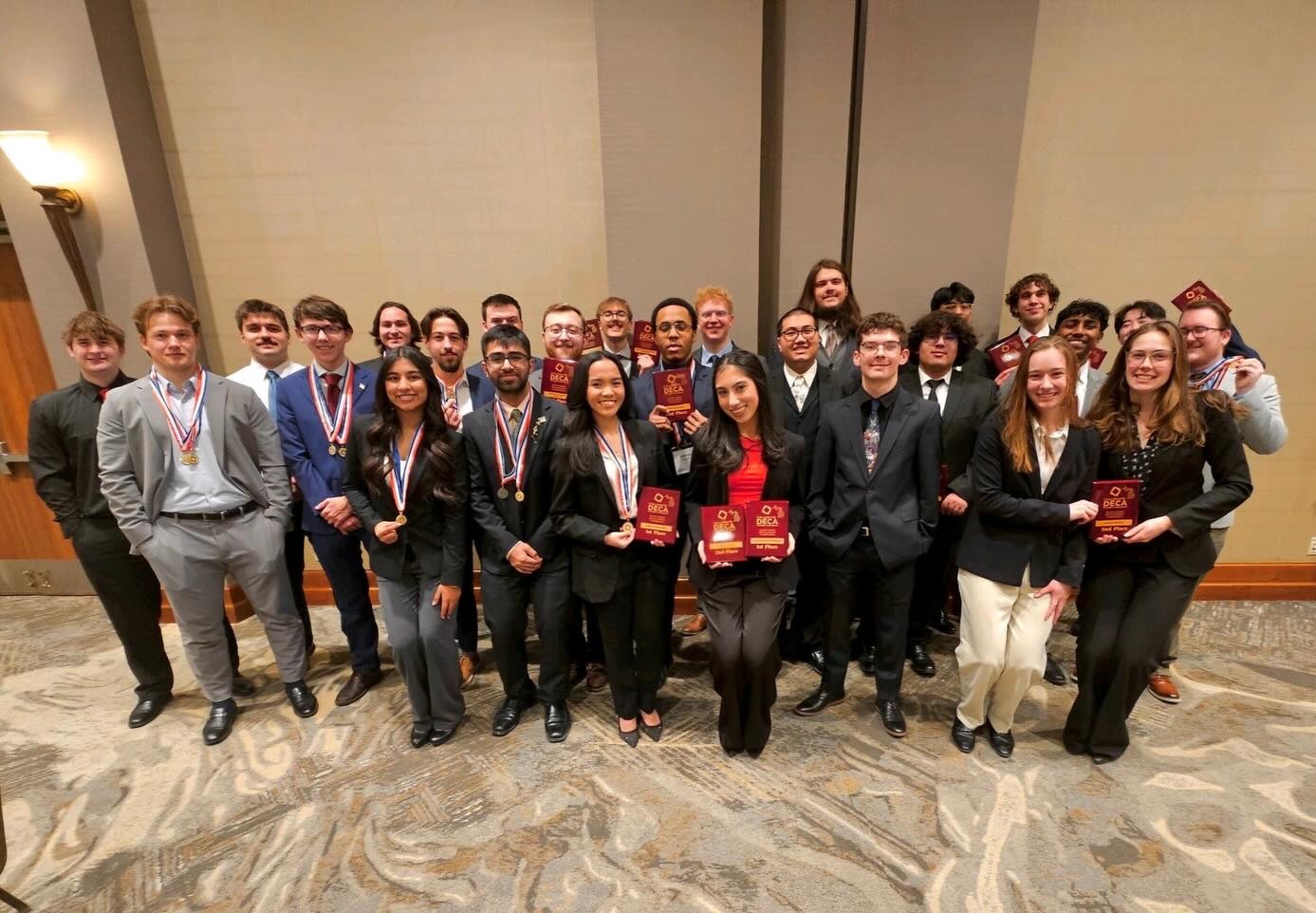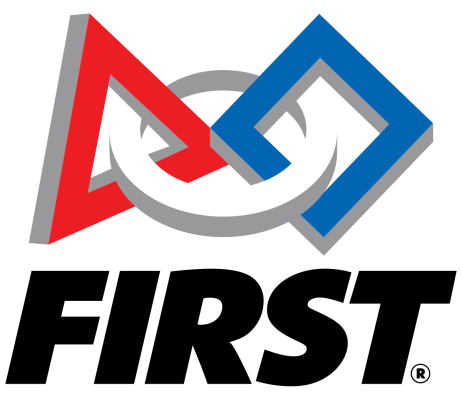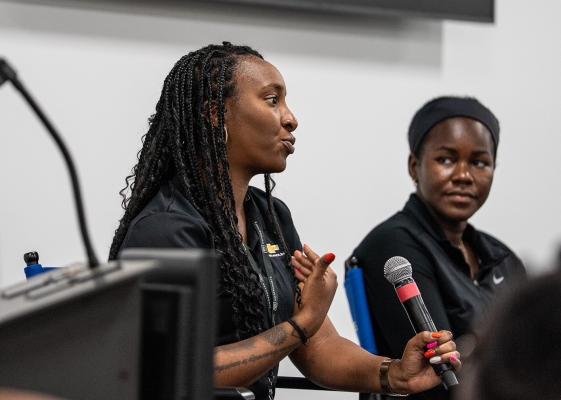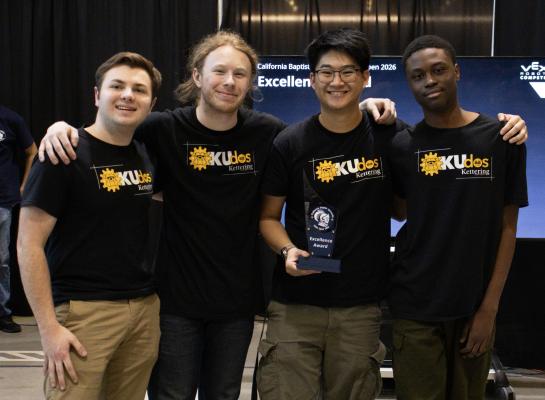News & Events
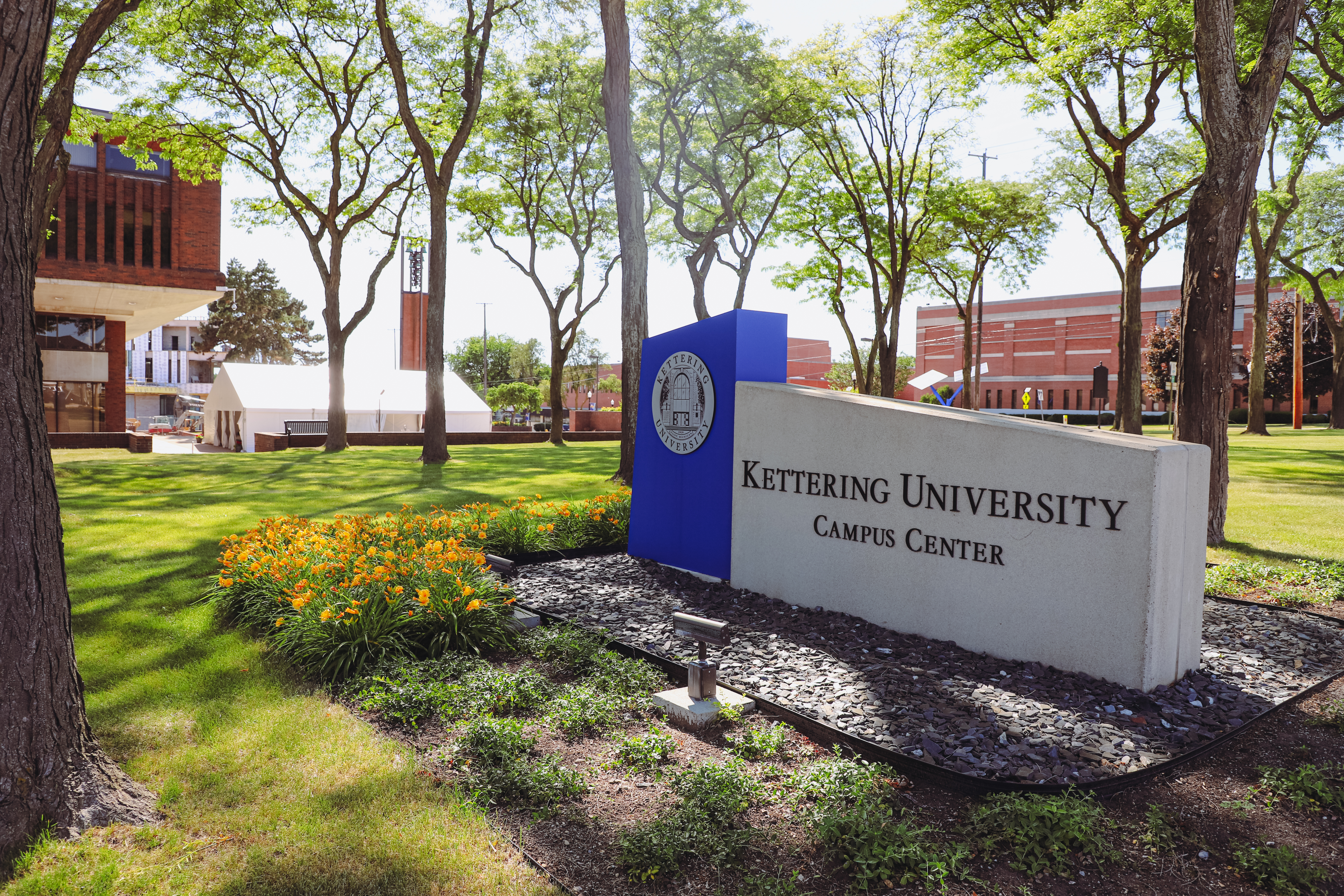
Latest News
2025 Kettering Magazine
2025 Kettering Magazine
Read how Kettering graduates, groundbreaking research, and strategic partnerships are shaping the future in the Kettering University 2025 Magazine.
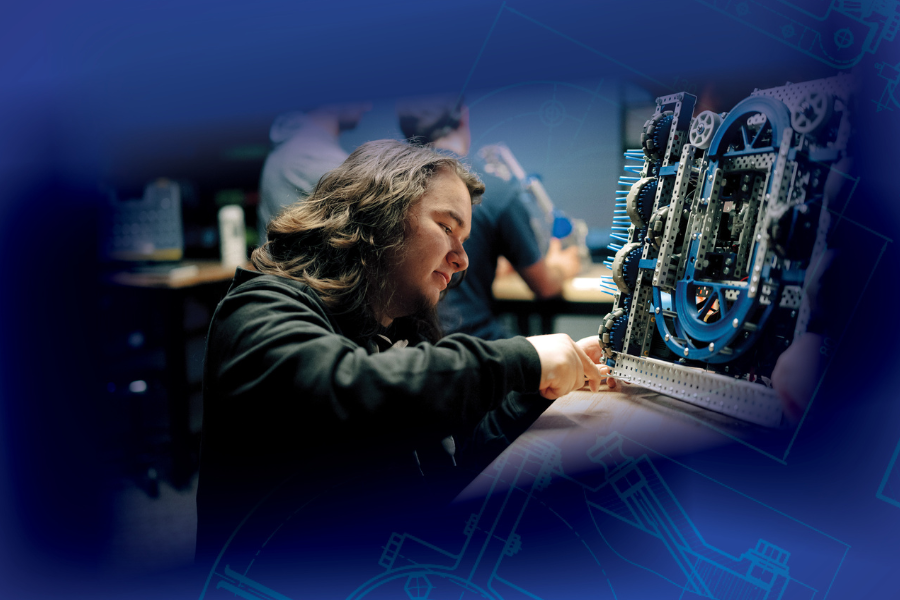
Horsepower to Hyperloops Podcast
Horsepower to Hyperloops Podcast
Learn about groundbreaking ideas, noteworthy advancements and the latest developments in mobility, technology, medicine and many other fields.

